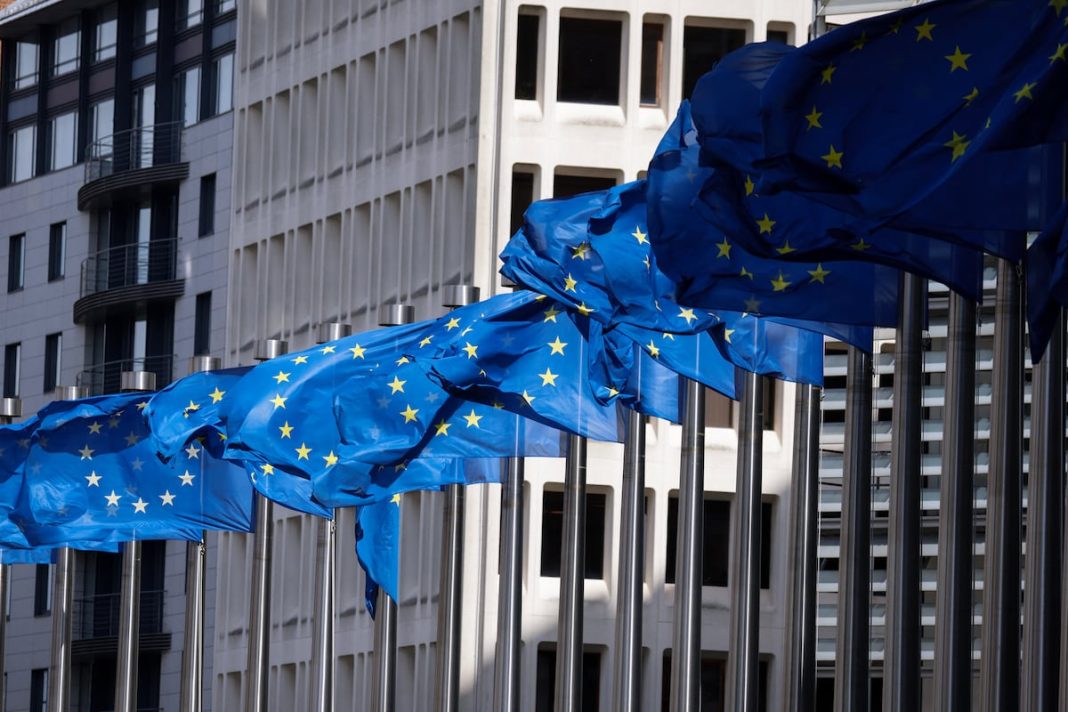In a significant move to bolster its military capabilities, the European Union is calling for a more integrated approach to its defense cooperation mechanisms. A recent review document approved by the European Council emphasizes the importance of strengthening the Permanent Structured Cooperation mechanism, or PESCO, which was established in 2017. This initiative was designed to enhance coordination among EU member states in terms of defense capabilities and projects, aiming for greater military effectiveness and operational readiness.
The council’s report advocates for a substantial enhancement of PESCO, urging member states to align it more closely with other EU defense initiatives, including the European Defence Fund and the proposed European Defence Industry Program. This push comes as the EU seeks to fortify its defense industry, with the European Defence Industry Program set to provide €1.5 billion (approximately $1.59 billion) in funding.
The ongoing conflict following the Russian invasion of Ukraine has prompted the EU to reassess its previously passive stance on defense. Over the past 1,000 days, the bloc has taken significant steps, such as its first-ever arms purchases directed towards Ukraine, reevaluating military financing strategies, and advocating for a more cohesive approach to defense and an assertive Common Foreign and Security Policy. In this context, the EU has also displayed economic strength, allocating billions to enhance domestic research and development.
Currently, PESCO oversees 66 active projects that cover the various facets of modern warfare and military requirements. These initiatives range from the development of semi-autonomous systems for mine detection to creating a new class of European Patrol Corvette ships and establishing rapid response teams for cyber threats. Additional projects aim to streamline cross-border military logistics, develop a space-based missile detection system, and set up a command structure for medical services.
Furthermore, the European Union’s defense enhancements have implications beyond its borders. Although Ukraine is not a member of the EU, it has gained from the bloc’s defense initiatives. The report highlights the significance of further integrating Ukraine into EU defense efforts, leveraging PESCO’s existing framework that allows participation from non-EU states in joint projects.
The council’s findings also advocate for updated operational commitments to support the EU’s Rapid Deployment Capacity, the execution of live exercises, and an overall increase in defense spending and collaborative investment among the 26 PESCO member states. By simplifying commitments and establishing clear, measurable goals, the EU aims to create a stronger and more strategic PESCO initiative by the end of 2025.
The report underscores that a robust European Union in security and defense can positively impact global and transatlantic security, serving as a complement to NATO, which remains the cornerstone of collective defense for its members. Notably, Austria, Cyprus, and Ireland participate in both the EU and PESCO initiatives while remaining outside NATO, although they engage with the alliance to varying degrees.
This document’s release coincides with a historic agreement within the EU for a joint defense procurement strategy totaling €300 million (around $318 million) across multiple defense projects encompassing land, sea, and air domains, marking a pivotal moment in collaborative military efforts in Europe.





